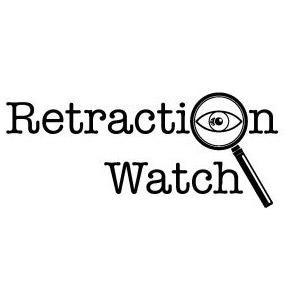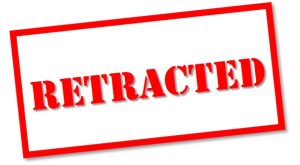
Would you consider a donation to support Weekend Reads, and our daily work? Last chance for a tax-deductible contribution in 2022! Thanks in advance.
The week at Retraction Watch featured:
- University to investigate adjunct professor after allegations of plagiarism – and legal threats
- Article that critiqued high-profile abortion study retracted
- Meet the publisher making the science of Brontë, Faulkner, and Whitman available for the first time
- Researchers lost five papers soon after scientists critiqued another of their papers in Retraction Watch
- Russian philosophy journal cites law banning “LGBT propaganda” in retraction
- Nearing 5,000 retractions: A review of 2022
Our list of retracted or withdrawn COVID-19 papers is up to 282. There are more than 37,000 retractions in our database — which powers retraction alerts in EndNote, LibKey, Papers, and Zotero. And have you seen our leaderboard of authors with the most retractions lately — or our list of top 10 most highly cited retracted papers?
Here’s what was happening elsewhere (some of these items may be paywalled, metered access, or require free registration to read) during a relatively quiet week:
Continue reading Weekend reads: A professor plagiarizes a student; Chat-GPT makes it into the literature; a newspaper archive vanishes


